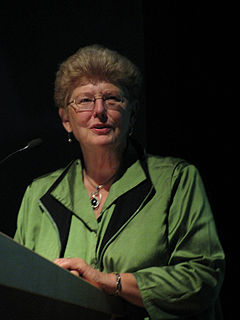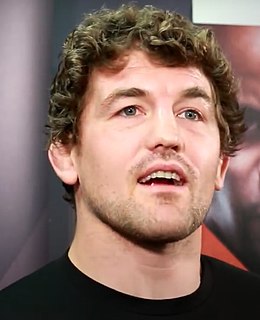A Quote by N. Katherine Hayles
Deep attention, the cognitive style traditionally associated with the humanities, is characterized by concentrating on a single object for long periods (say, a novel by Dickens), ignoring outside stimuli while so engaged, preferring a single information stream, and having a high tolerance for long focus times. Hyper attention is characterized by switching focus rapidly among different tasks, preferring multiple information streams, seeking a high level of stimulation, and having a low tolerance for boredom.
Quote Topics
Among
Associated
Attention
Boredom
Cognitive
Concentrating
Deep
Dickens
Different
Engaged
Focus
Having
High
High Level
Humanities
Hyper
Ignoring
Information
Level
Long
Long Period
Low
Multiple
Novel
Object
Outside
Periods
Rapidly
Say
Seeking
Single
Stimulation
Stream
Streams
Style
Switching
Tasks
Times
Tolerance
While
Related Quotes
Empathy occurs when we suspend our single-minded focus of attention and instead adopt a double-minded foucus of attention. When our attention lapses into single focus, empathy has been turned off. When we shift our attention to dual focus empathy has been turned on. Empathy is our ability to identify what someone else is thinking or feeling and to respond to there thought or feelings with an approriate emotion. Empathy makes the other person feel valued, enabling them to feel that their thoughts and feelings have been heard.
To summarize, using money to motivate people can be a double-edged sword. For tasks that require cognitive ability, low to moderate performance-based incentives can help. But when the incentive level is very high, it can command too much attention and thereby distract the person’s mind with thoughts about the reward. This can create stress and ultimately reduce the level of performance.
My secret for writing is going back to clarity. I'm very clear about what I want to accomplish-the goal-and then the next two are focus and concentration. And I've probably spent my whole life both practicing those two and teaching them. Focus. Focus on a single point and concentration. And concentrating on a single thing till it's done.
A Division I college wrestling team has so many guys at such a high level it'd be like having every single guy in the gym being a top 10 UFC guy, and that's who you're competing against every single day. Most everyone has been wrestling since they were 5 years old. It's been their dream to wrestle in college. There's such a high level of intensity.
Being a mom makes me prioritize the game of basketball for what it is - a game. For so long I was so addicted to it and it would get me really high or really low. Now I know that once I walk off the court, I can't control that anymore and I have other things I have to focus on and give my attention and love to.
I think there's confusion around what the point of social networks is. A lot of different companies characterized as social networks have different goals - some serve the function of business networking, some are media portals. What we're trying to do is just make it really efficient for people to communicate, get information and share information.
There is so much information that our ability to focus on any piece of it is interrupted by other information, so that we bathe in information but hardly absorb or analyse it. Data are interrupted by other data before we've thought about the first round, and contemplating three streams of data at once may be a way to think about none of them.
Data isn't information. ... Information, unlike data, is useful. While there's a gulf between data and information, there's a wide ocean between information and knowledge. What turns the gears in our brains isn't information, but ideas, inventions, and inspiration. Knowledge-not information-implies understanding. And beyond knowledge lies what we should be seeking: wisdom.

































